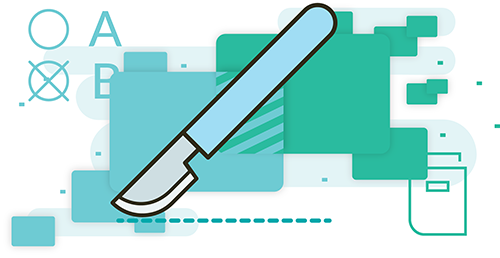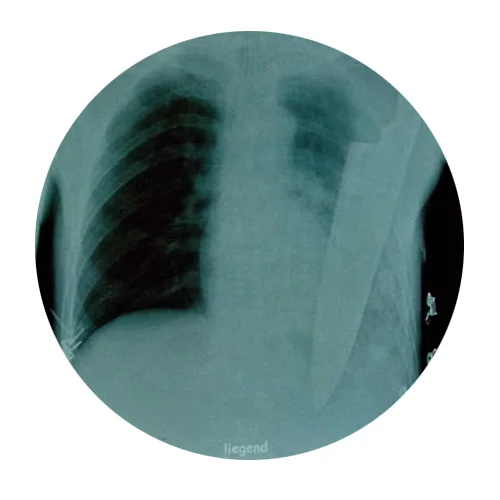About the NBME® Surgery Shelf Exam
What to Expect on the NBME® Clinical Surgery Shelf Exam
The NBME® Surgery Shelf is a case-based exam that tests students on their ability to diagnose and manage surgical patients, including determining when surgical management is required. While it covers a broad range of topics, including relevant cases from ObGyn, Medicine, and Pediatrics, it does not delve into anatomy or procedure techniques.
How to Study for the Surgery Exam
Consider these tips when studying for the Surgery Shelf:
- Focus on how to quickly discern whether a patient needs an operation and less on the specific medical care a patient needs.
- Know basic medical management and how to apply pharmacology knowledge.
- Understand the presentation, work-up, diagnosis, and management of high-yield surgical topics.
- Don’t take the basics for granted and always remember your ABC’s: airway, breathing, and circulation.
- Go with your gut (within reason). You have a limited amount of time for the exam, and you won’t want to waste a second of it overthinking the details.
- Study in scrubs: use what you learn in the hospital to guide your studying when you get home.
- Commit the extra time to learn more about disease processes you see (and don't see).
- There’s significant overlap between the Internal Medicine and Surgery Shelfs, and taking IM before Surgery—if possible—could help boost your score.
Learn how you can study more effectively for the Surgery Shelf with AMBOSS:
The Surgery Shelf will test students on how they determine—based on a diagnosis—whether a patient needs surgery, as well as the medical management of surgical patients.
Students have traditionally relied on the following textbooks and resources when preparing for the shelf:
Pestana, UWorld, and the NMS Casebook.
Many conventional sources tend to offer only a meager amount of practice Qbank surgery questions, however, new digital funds of medical knowledge are now available for students to study with.
Taking the Surgery Shelf Exam
Not all students have to take the NBME Surgery Shelf Exam, and it’s not obligatory for obtaining a U.S. doctor’s license. However, most medical schools have a required surgery clerkship, and the most popular way to test students is by using the NBME’s official Clinical Science Surgery Subject Examination. Students should note: the exam can only be taken at authorized testing locations, like Prometric test centers or on campus at select medical schools.
The exam is formatted as an online test consisting of 110 multiple choice questions which must be completed in 165 minutes. Luckily for students, it has the same interface as the USMLE Step exams, with each question set up as a vignette. The exam is graded on a national average, though whether or not you pass your surgery clerkship will depend on your individual medical school's requirements. More specifically, the number of correct answers you get places you in a percentile, which is then measured across national grades.
Practice answering Surgery Shelf-specific questions with AMBOSS:

